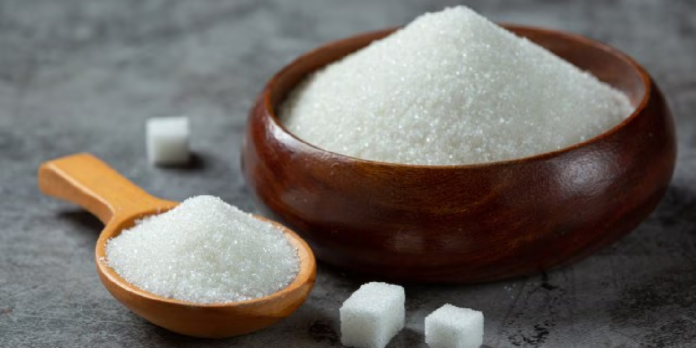It is present in everything, even in processed foods and blatant delights. Although a small amount of sweetness might be enjoyable, consuming too many sugar-filled items can have detrimental effects on your health.
What occurs, then, if you eat more sugar than your body requires? Let’s comprehend.
Despite what many people think, your body doesn’t need a certain quantity of added sugar. It does, however, depend on glucose, a simple sugar, as its main source of energy for cells, as clinical nutritionist and diabetes educator Kanikka Malhotra notes. Although your diet’s carbs are the main source of this glucose, your liver can also produce some of it on its own.
The difference between sugar processing in healthy and diabetic individuals
Even though your body only requires 5 grams of glucose per day, it’s critical to realize that there are differences in how your body processes sugar that go beyond just that amount. According to Malhotra, the secret is in the way the body processes the sugar.
In a healthy individual, the pancreatic hormone insulin functions as a key to open the door for glucose to enter cells and be converted into energy.
When a person has diabetes, their body either produces insufficient insulin or their cells develop resistance to its effects. Hyperglycemia is the term for the accumulation of sugar in the bloodstream caused by this.
Where does excess sugar go?
According to Malhotra, when you ingest too much sugar, your body uses it first for energy. A portion of this glucose can be stored by the liver as glycogen, an easily accessible energy source.
If sugar intake is too high, it is transformed into fat and stored throughout the body. According to her, this can lead to weight gain and raise your chance of getting long-term health issues like heart disease, type 2 diabetes, and some types of cancer.
Maintaining glucose homeostasis: A balancing act
The complex process by which the body maintains blood sugar levels within a safe range is known as glucose homeostasis. Malhotra claims that the interaction of hormones like glucagon and insulin, as well as elements like liver function and dietary choices, results in this delicate balance.
The good news is that by making a few important lifestyle changes, you can actively promote optimal glucose homeostasis:
Maintain a Balanced Diet: Give special attention to whole, unprocessed foods such as vegetables, fruits, lean protein, healthy fats, and complex carbohydrates such as whole grains and legumes. These support blood sugar regulation and offer prolonged energy.
Keep Your Weight in Check: Being overweight might exacerbate insulin resistance. Even a small weight loss can have a big impact on blood sugar regulation.
Engage in Regular Exercise: Exercise promotes healthy blood sugar levels by assisting your body in better using glucose.
Knowing how your body handles sugar and taking action to keep glucose homeostasis will help you make better dietary decisions and lead a more balanced, healthy life.

